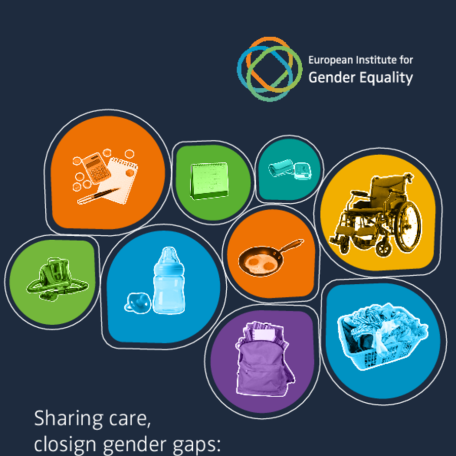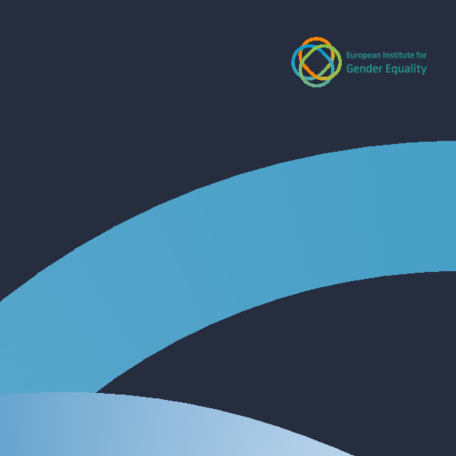
The platform work economy comes with great strengths. The ability to work where you want and how you want is a significant motivator for people who have grown tired of the 9-5 rigidity and seek more diversity in their career path.
Having the option to work from home, whether full-time or a few days a week, is invaluable to those who work in industries where it’s viable such as web-based Upwork for freelance writers and graphic designers in the main. Alternatively, location-based work like Uber or Wolt attracts those who seek greater mobility to widen their career options.
This work-life breathability has become a benchmark for the 28 million people in Europe who engage in platform work.
But who truly benefits from the flexibility? And who bears the disproportionate costs of it?
Has flexibility become a cover story for the normalisation of precarious work which ultimately leaves people feeling insecure – women especially? EIGE’s latest evidence in its ‘Gender differences in motivations to engage in platform work’ policy brief explains…
A new and evolving reality
While platform work has revolutionised the way we work, it has come at a price for some more than others.
On average, platform workers face a higher risk of economic instability and discrimination. Add to that, they also experience exclusion from collective representation, a lack of upskilling and occupational safety as well as adequate health measures compared to standard employees.
There is also an emerging dimension to the dynamics of platform work, which if discarded, will hamper future opportunities of the labour market: gender inequalities.
Given the fact that platform work is playing an increasingly important role in the current labour market, these significant drawbacks need to be addressed.
Different gender, different motivations
- At first glance, it seems like platform work can positively contribute to a step forward towards gender equality, especially when we look at it from the work-life balance perspective. Platform work allows for multiple and parallel commitments like women balancing childcare with work.
At the same time though, reoccurring inequalities and stereotypes are reinforced in platform work. More women than men dominate in the fields of childcare and elderly care services. - The findings suggest that motivations to join platform work change depending on age. Young women (aged 16–24) are 9 % more likely than young men to take part in platform work to gain income while women aged 25 and older are more likely than men to engage in platform work in search of a better work-life balance.
- There are stark differences in the underlying motivations between women and men to engage in platform work. Women have higher odds of engaging in platform work in order to gain an additional income as it offers more flexibility to combine work with household tasks or family commitments.
Men’s motivations are more often driven by the opportunities provided by platforms to work globally and expand their client base to different cities or countries.
What should Member States do?
Given the significance of platform work in today’s labour market, it is important to understand its challenges and opportunities so that everyone has equal access to the benefits.
Our #3StepsForward towards a just and fair platform work experience for everyone are:
- Extend working hour regulations and work-life balance measures specified on platform work, and promote an equal sharing of care responsibilities between women and men.
- Member States should create corresponding social protection in which platform workers can be included and benefit from.
- Address the legal uncertainty in the employment status of platform workers to combat disguised employment.
Read the joint policy brief with Eurofound
In addition to the policy brief you can find more in-depth information on the topic of gender differences in platform work in EIGE’s freshly released Data Talks ‘Characteristics and income of platform workers with childcare responsibilities’ and ‘Women platform workers face challenges balancing unpaid care with work, despite so-called flexibility’.




